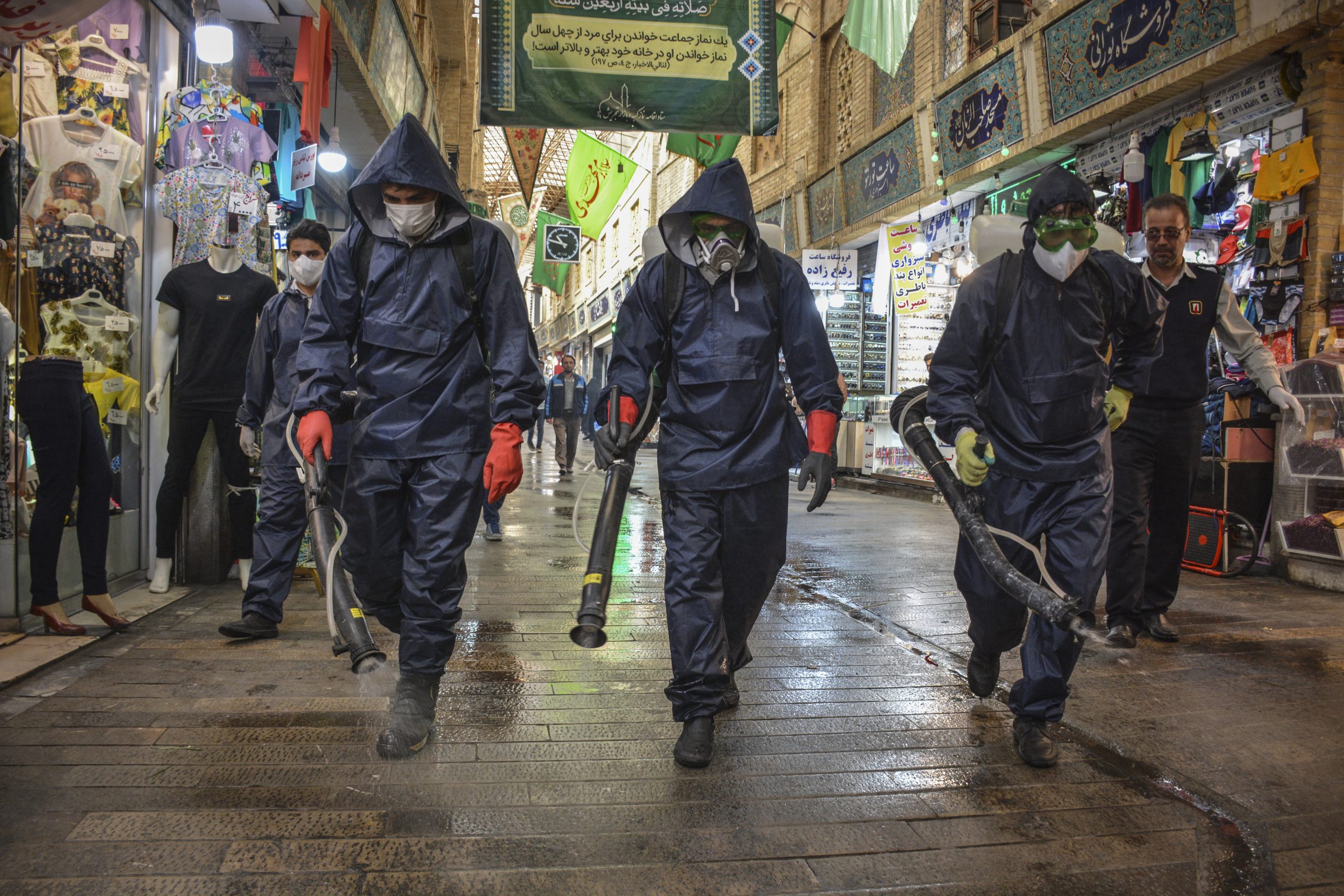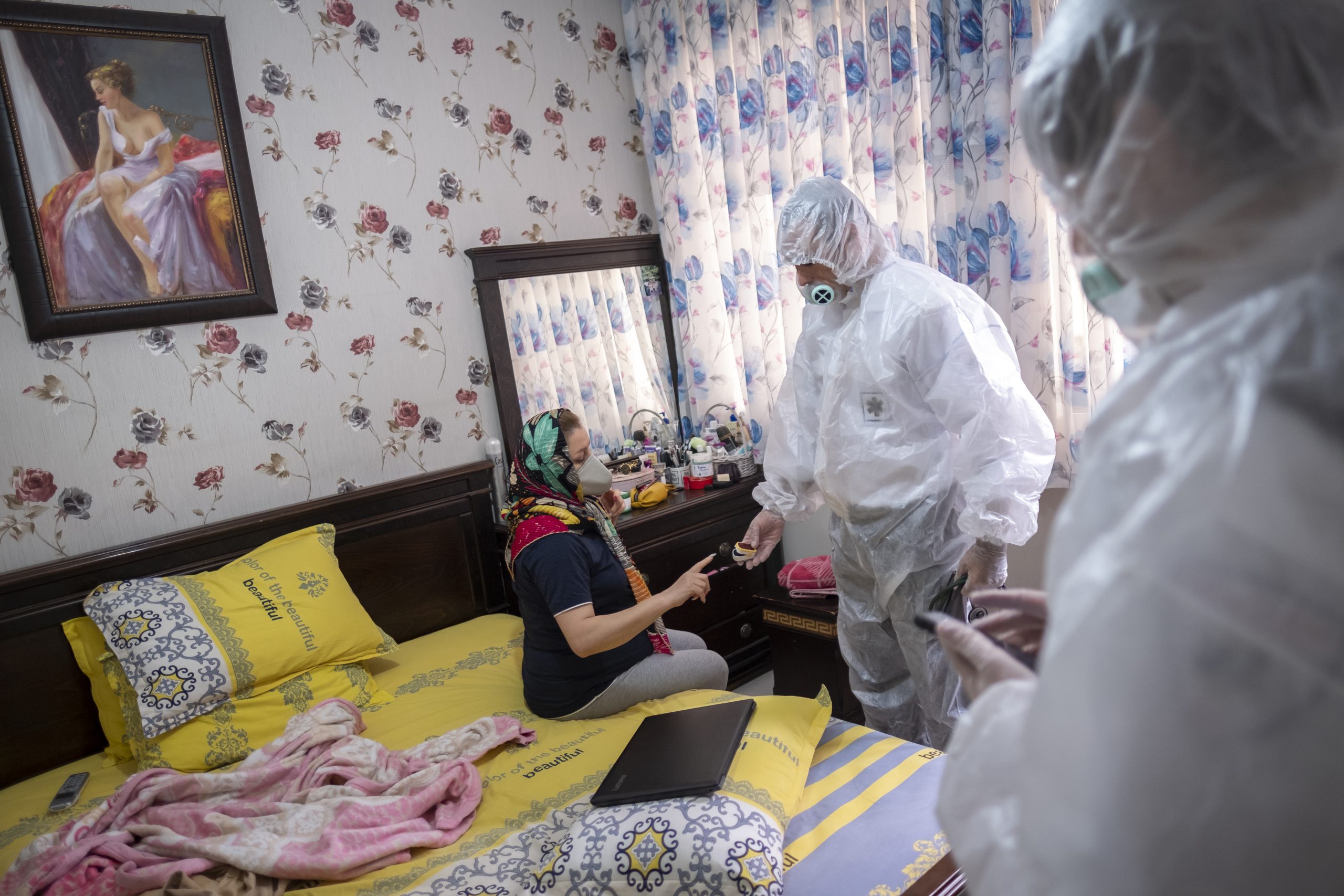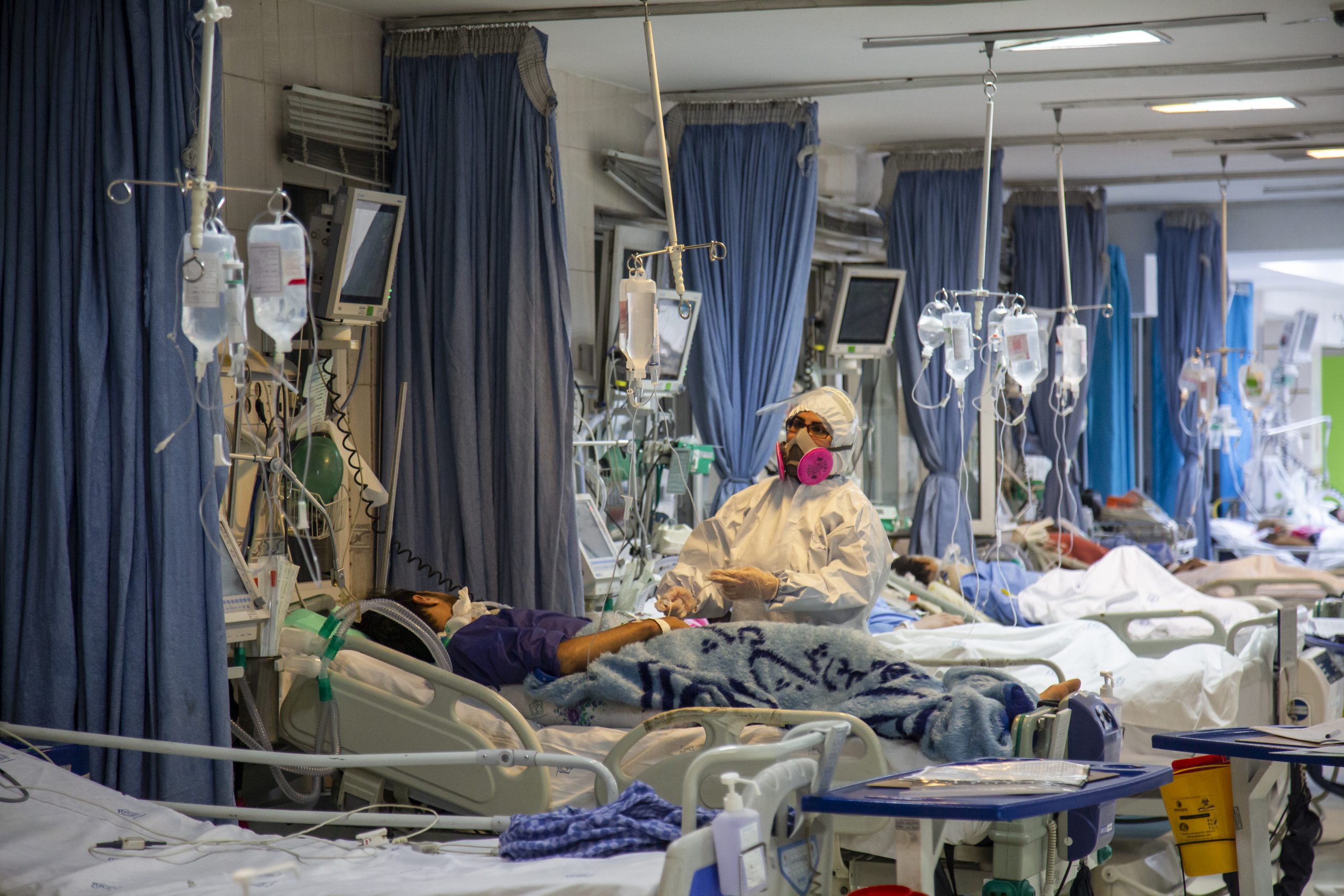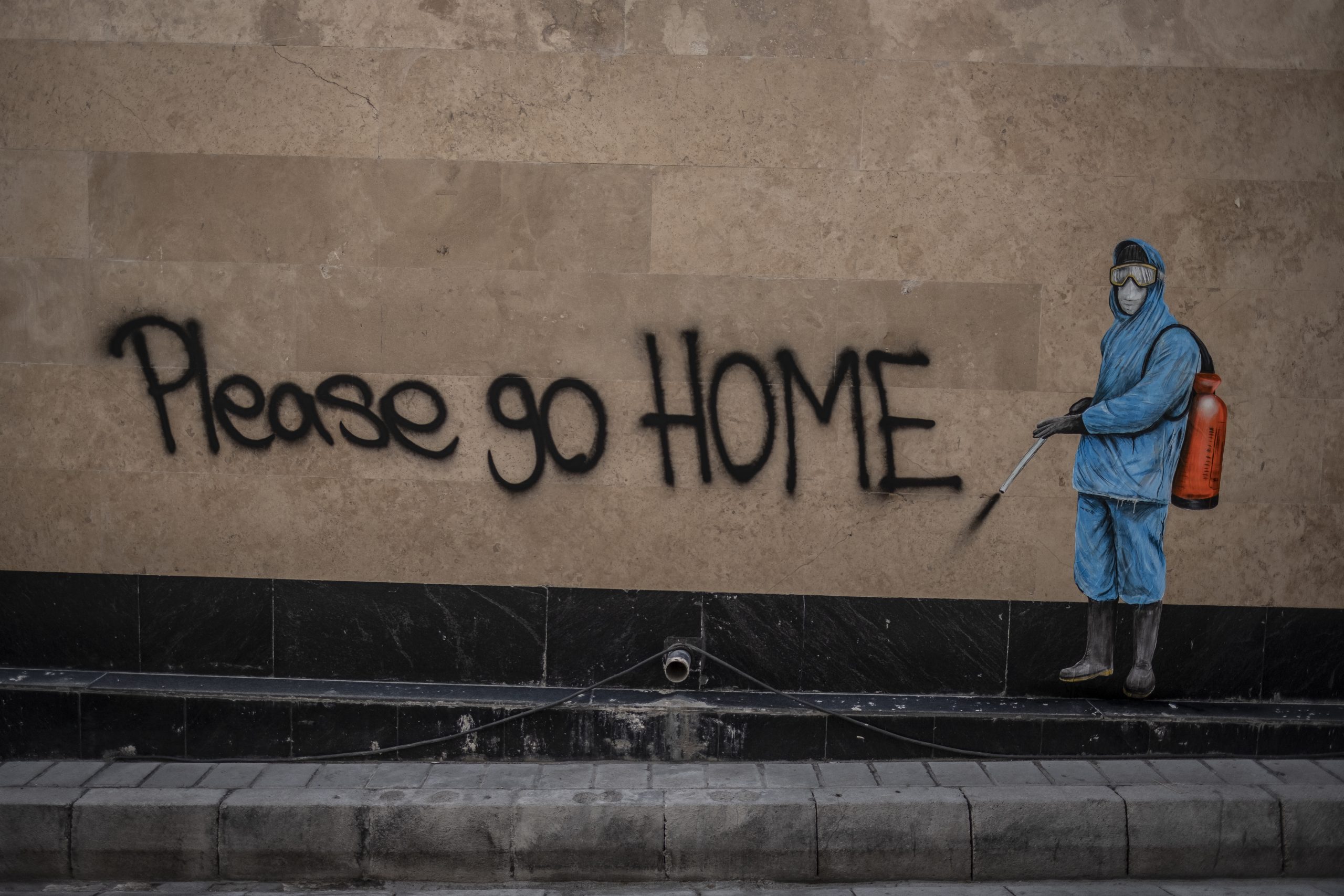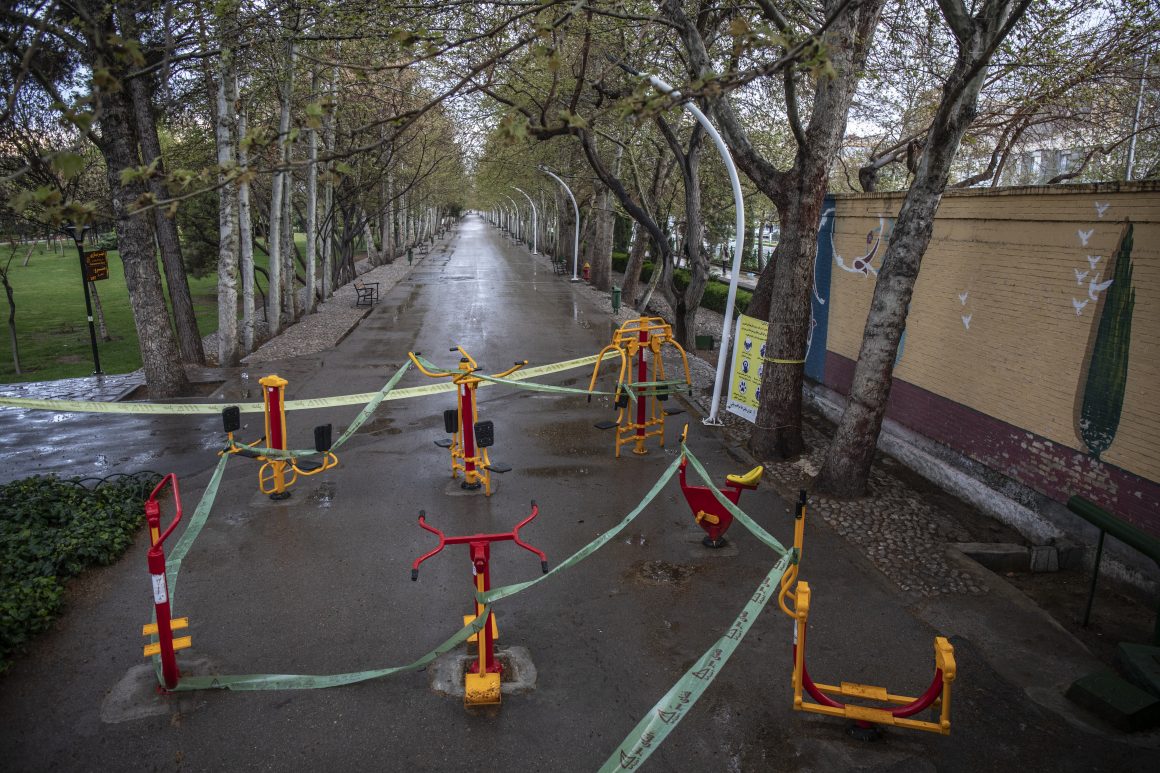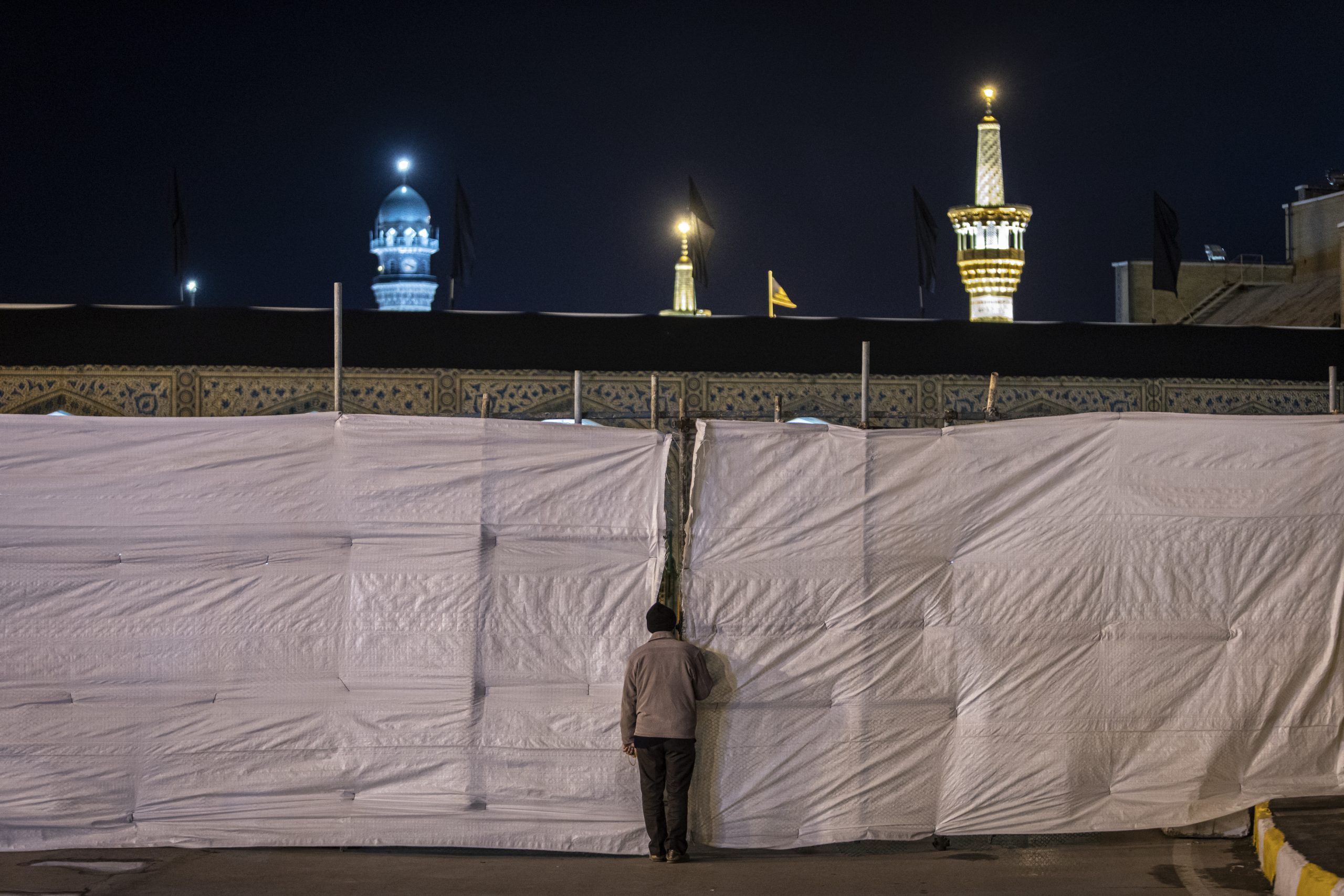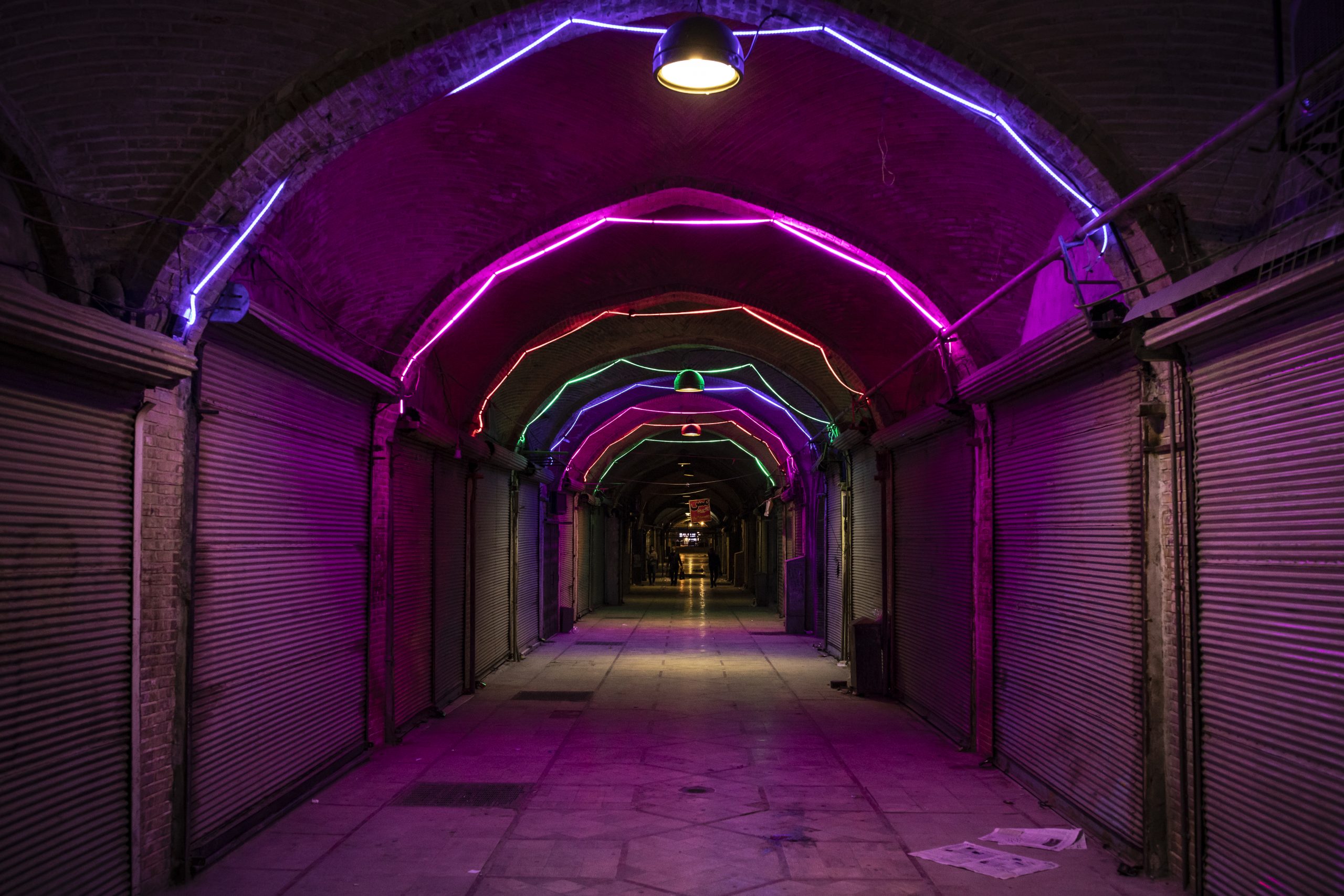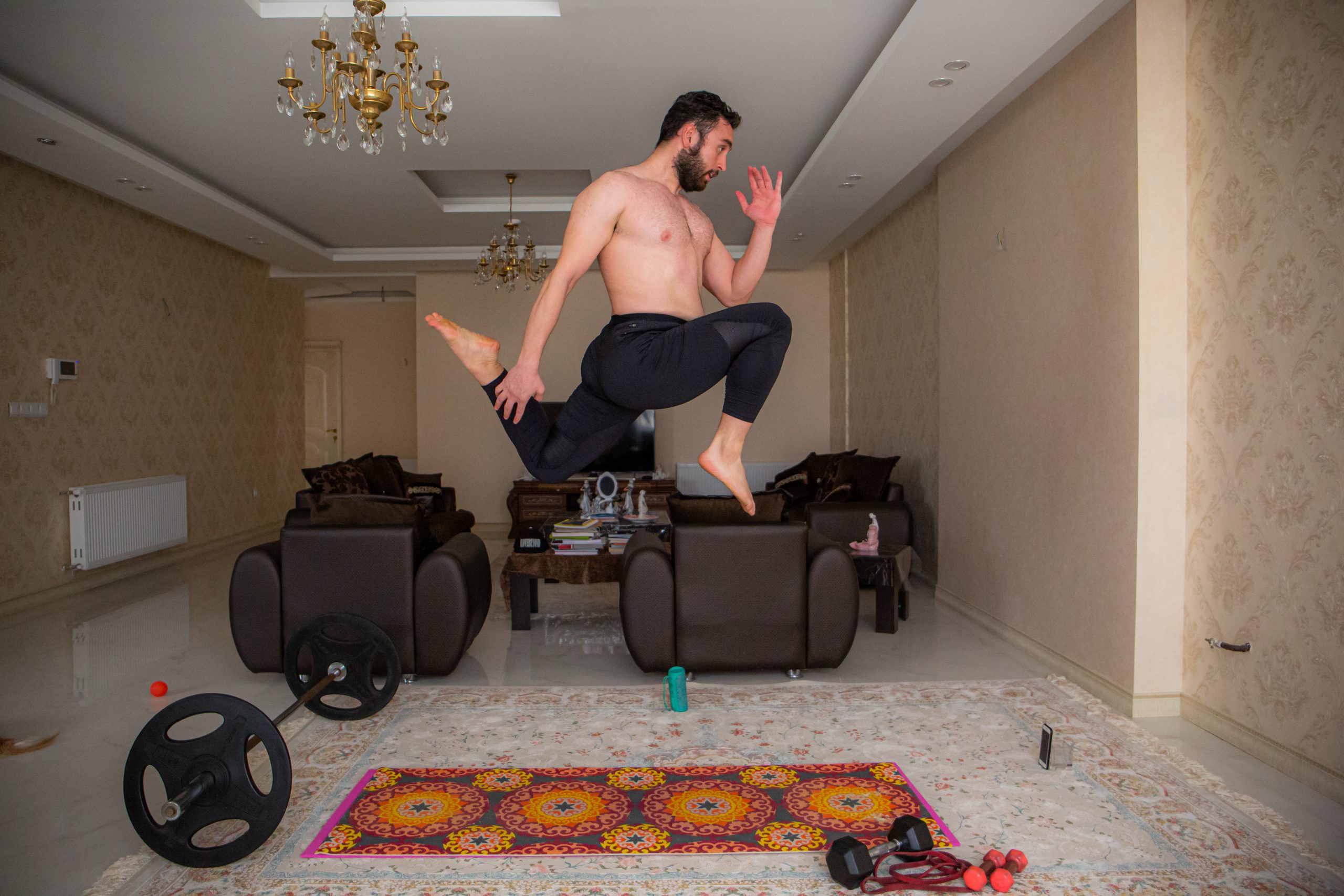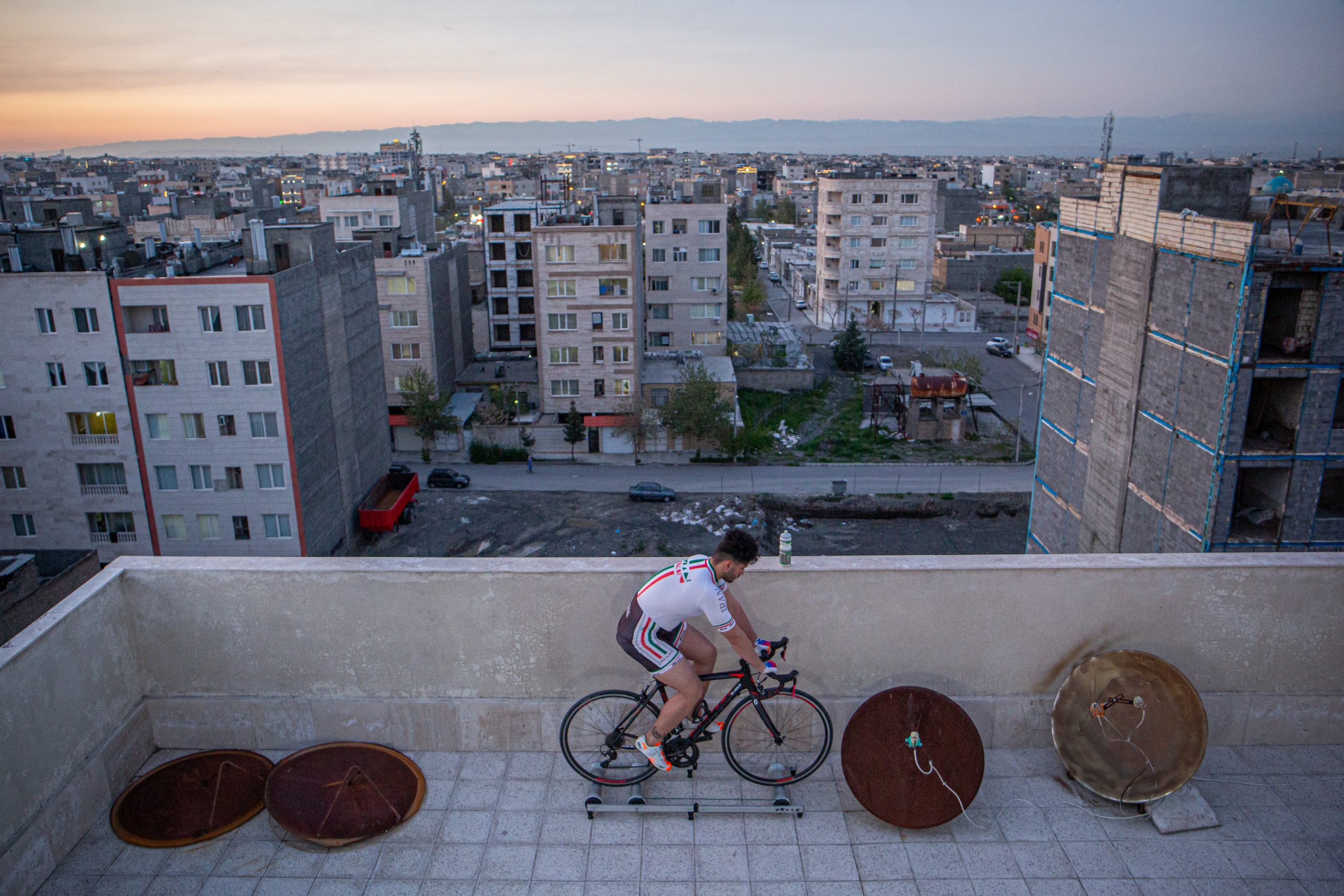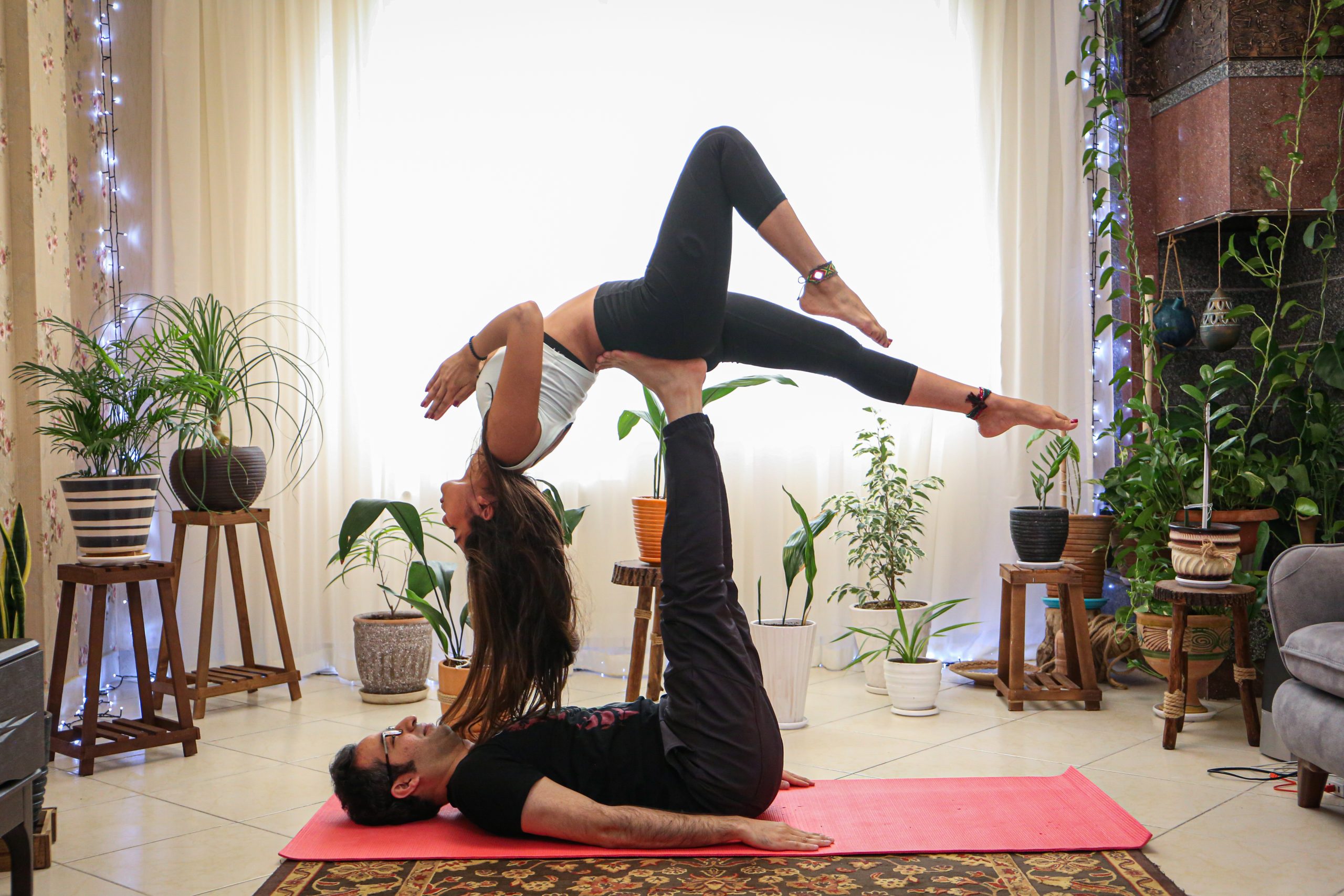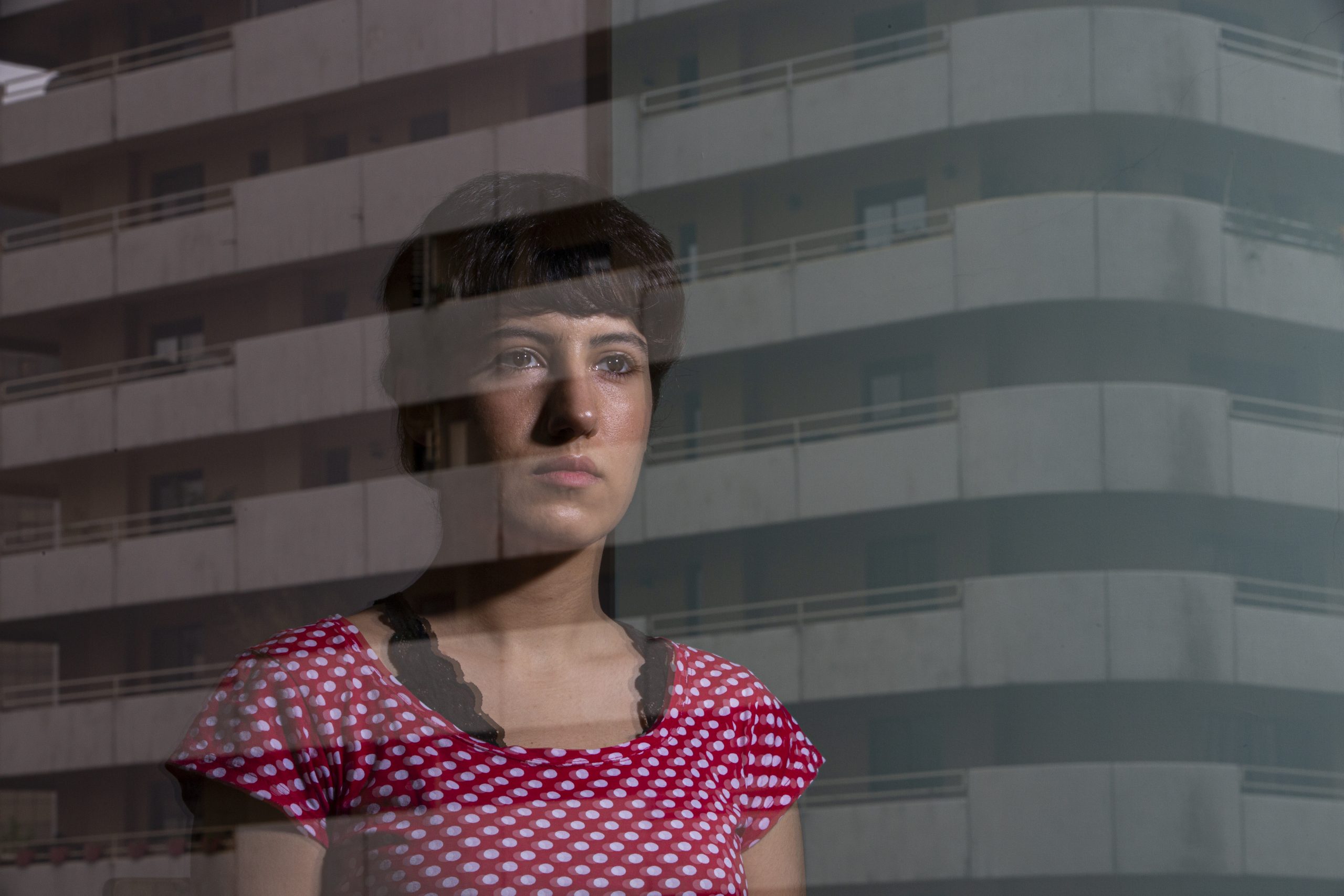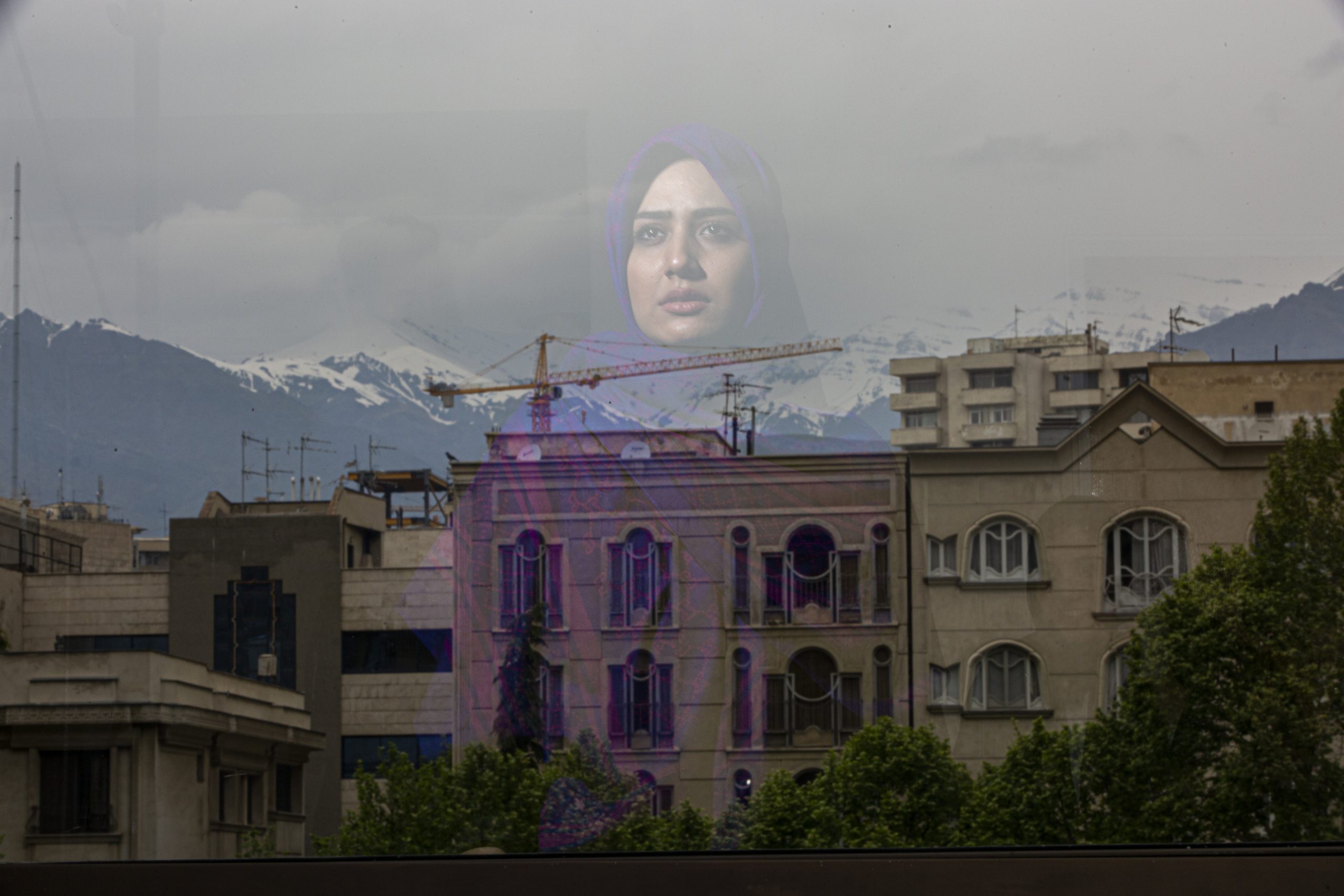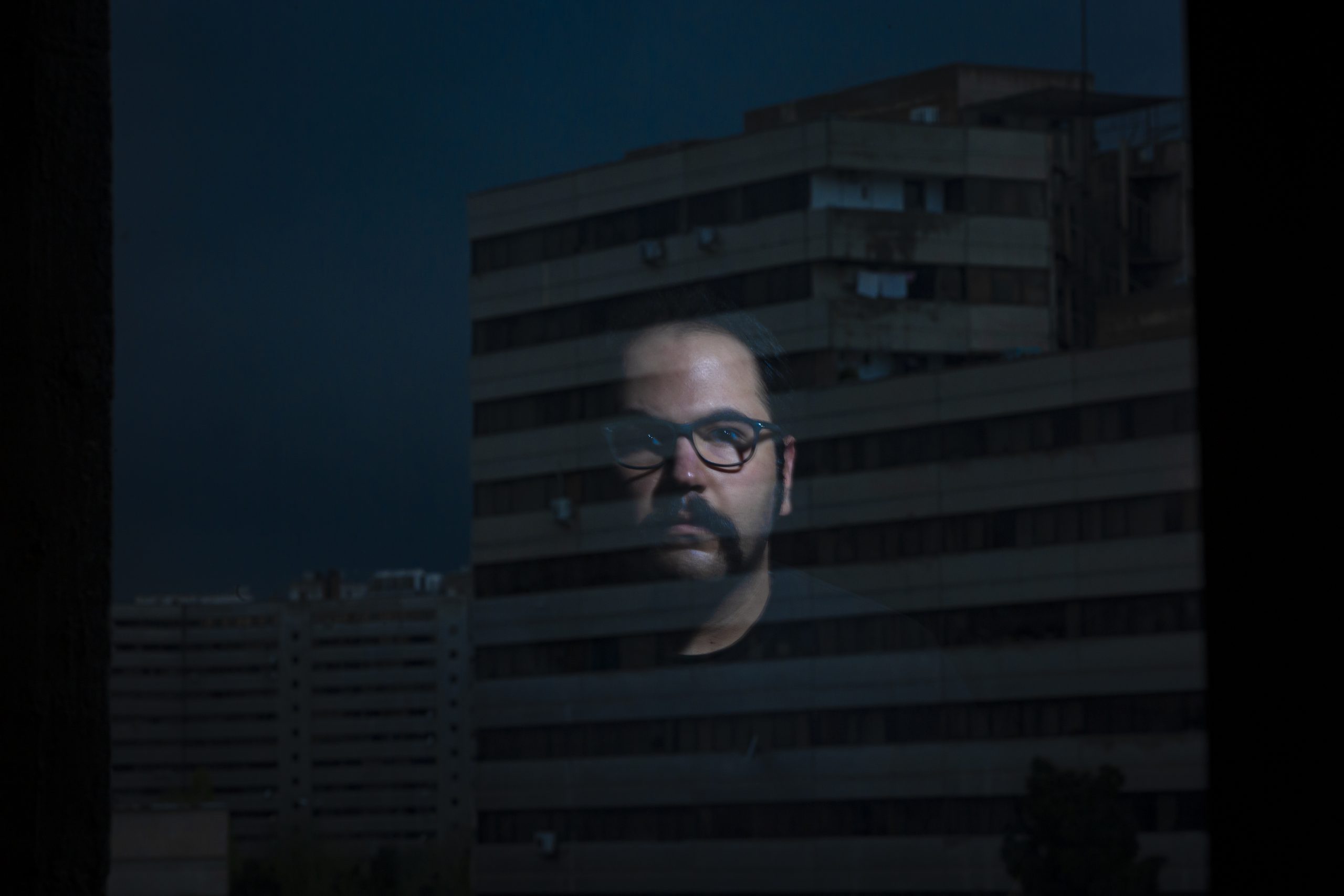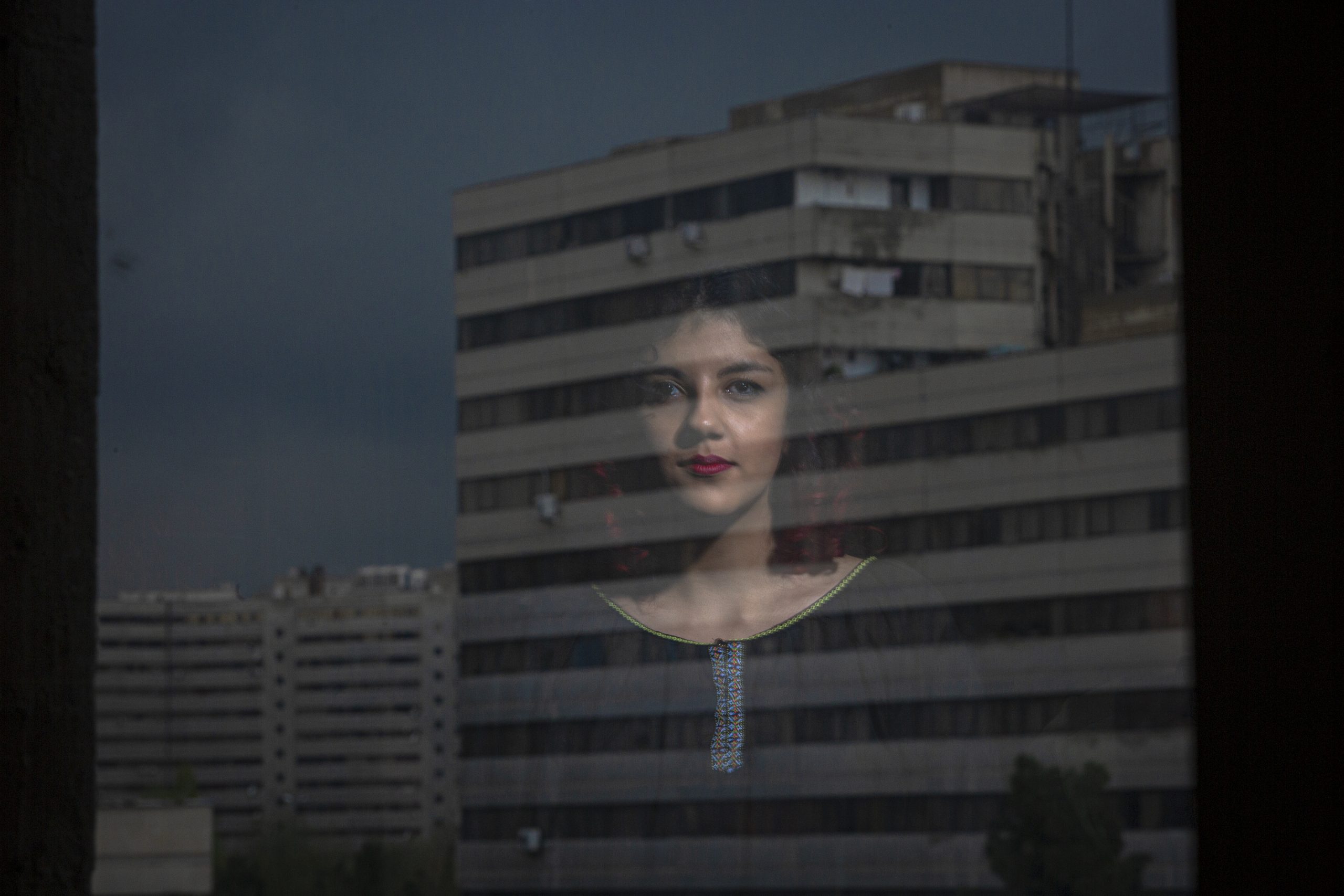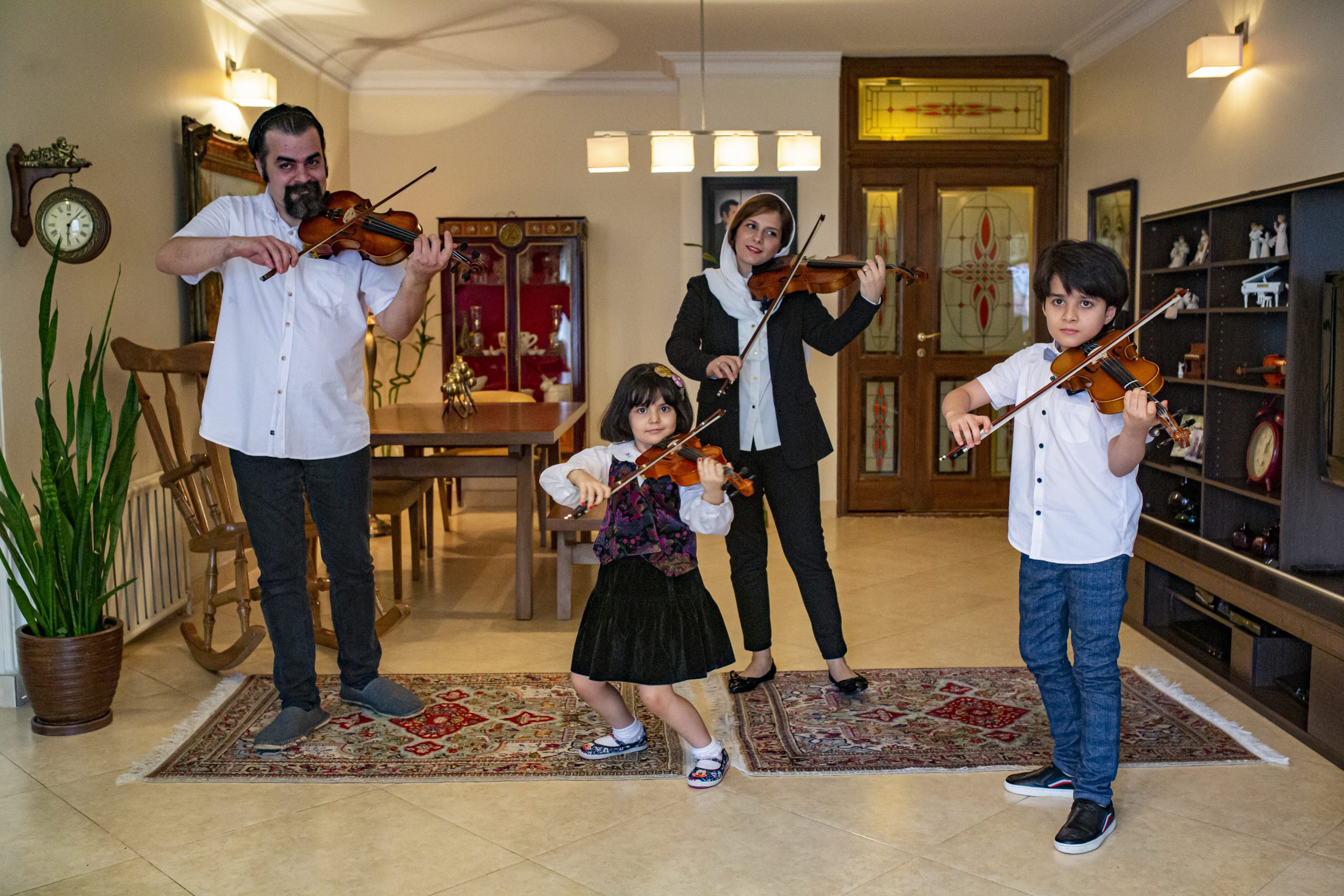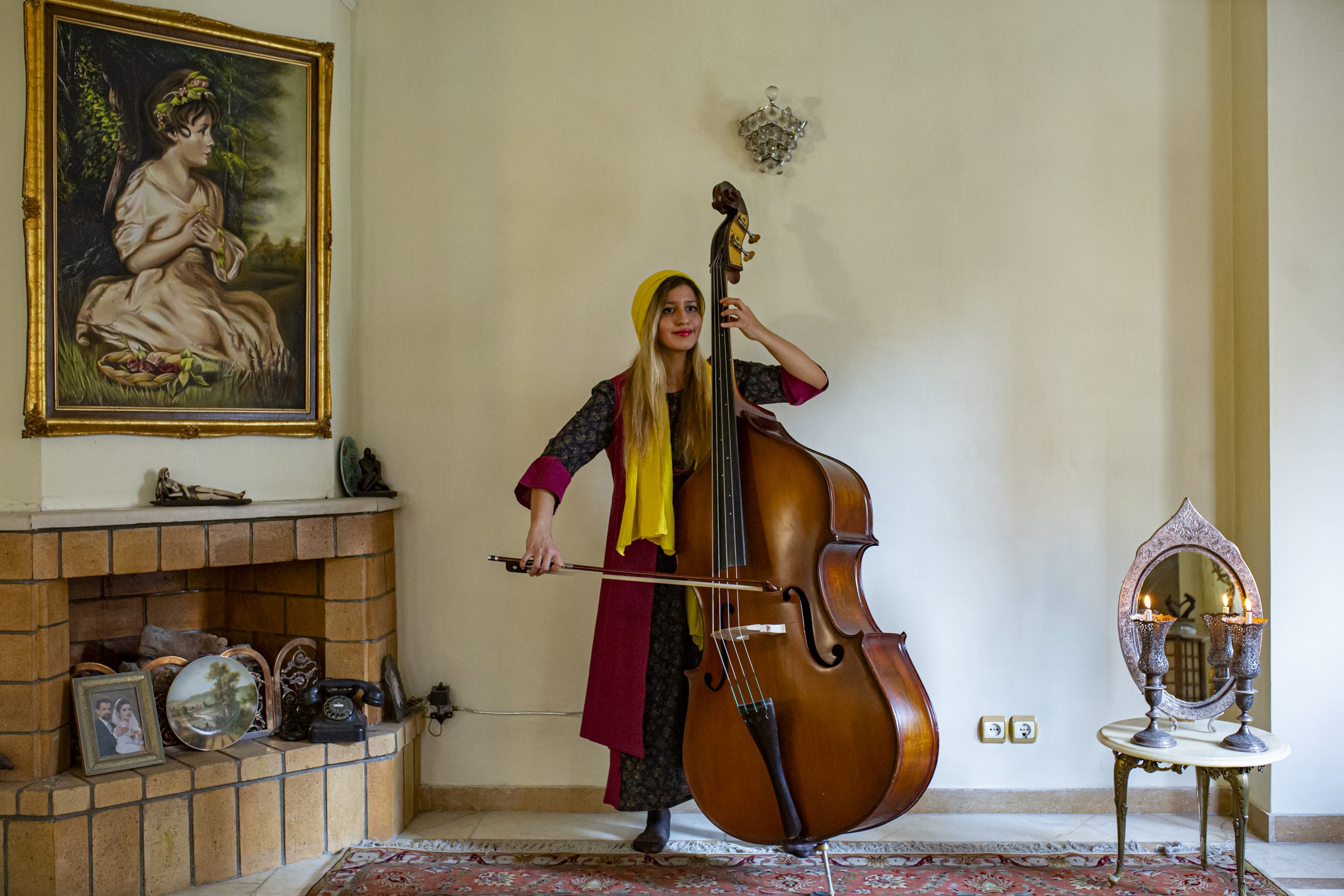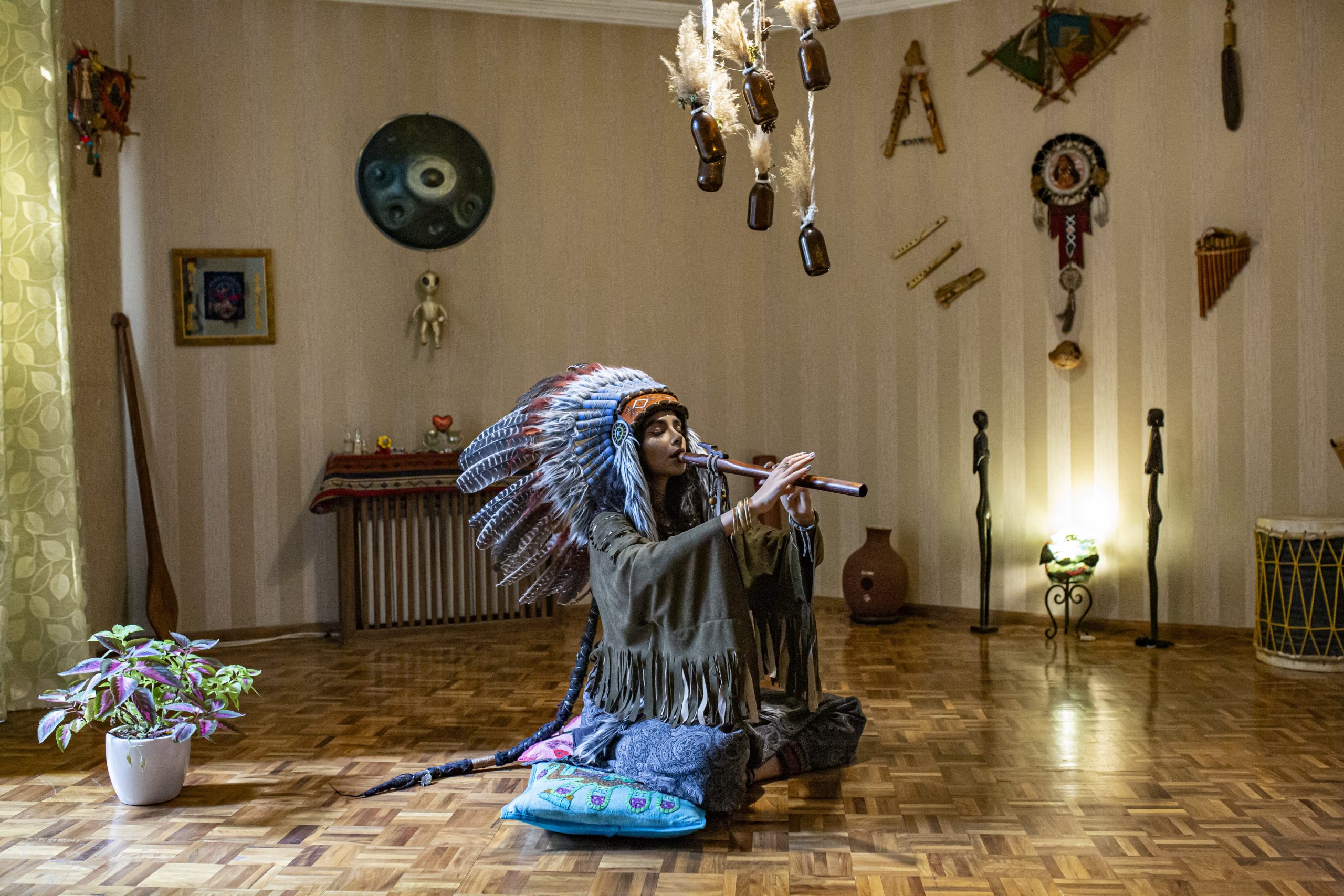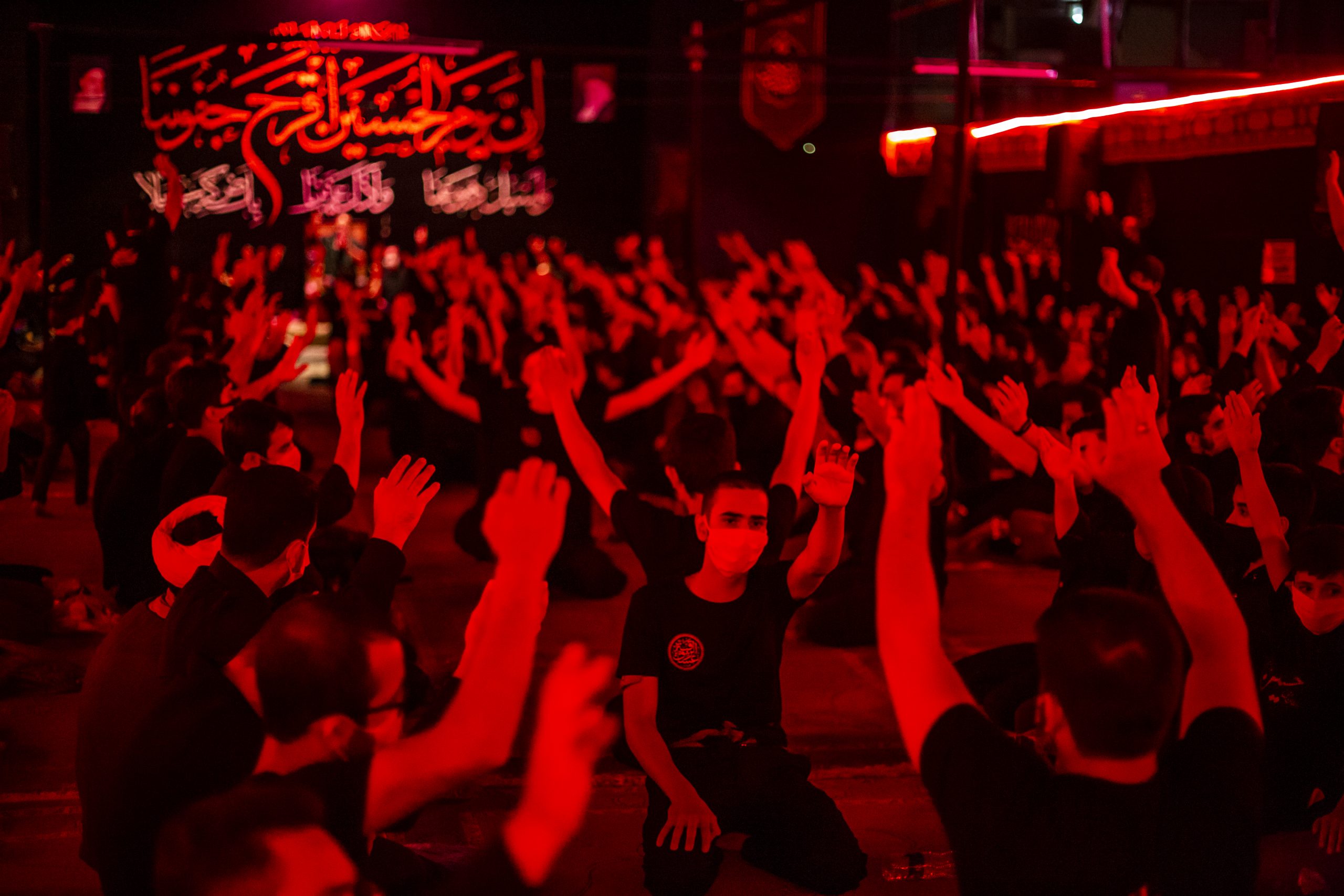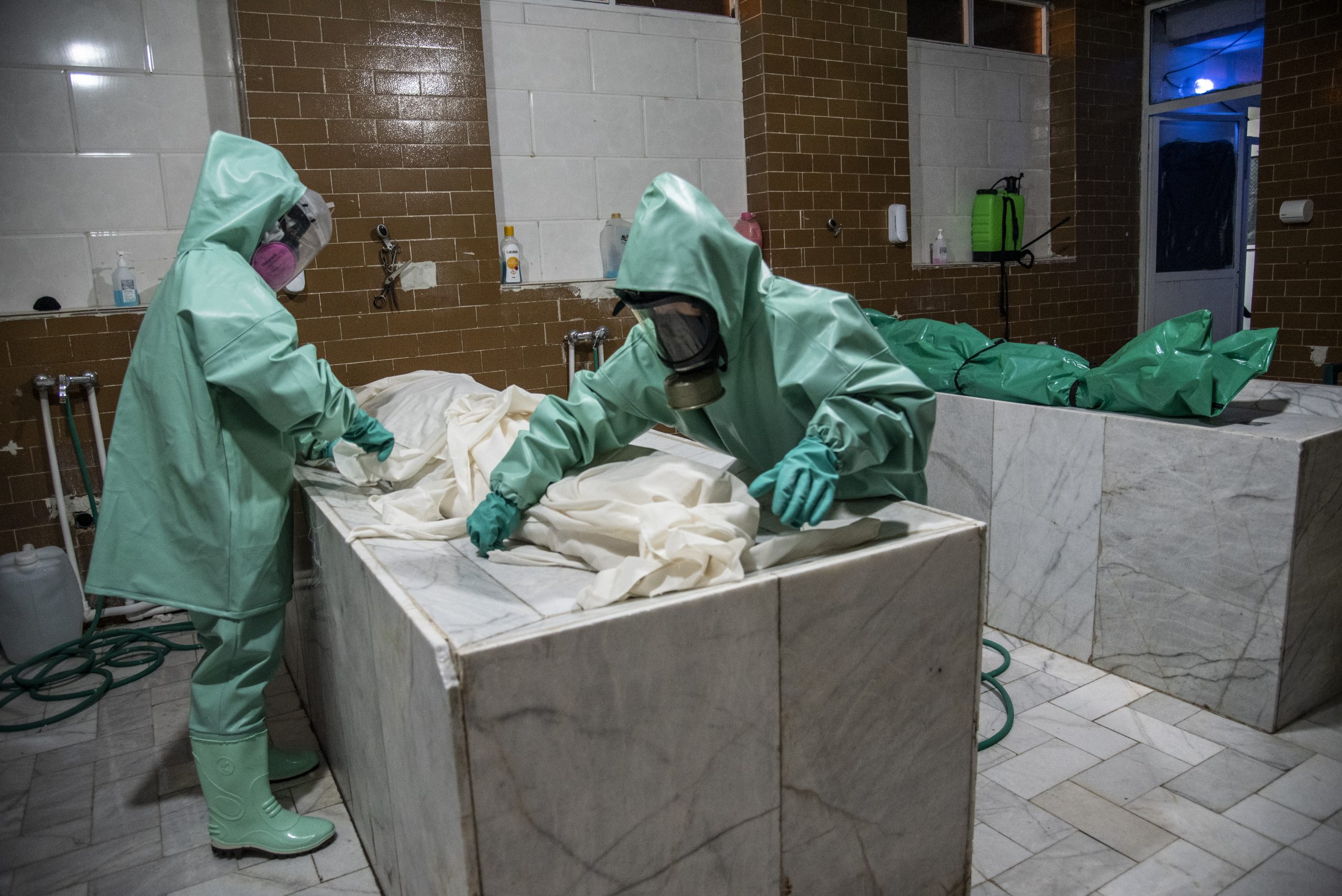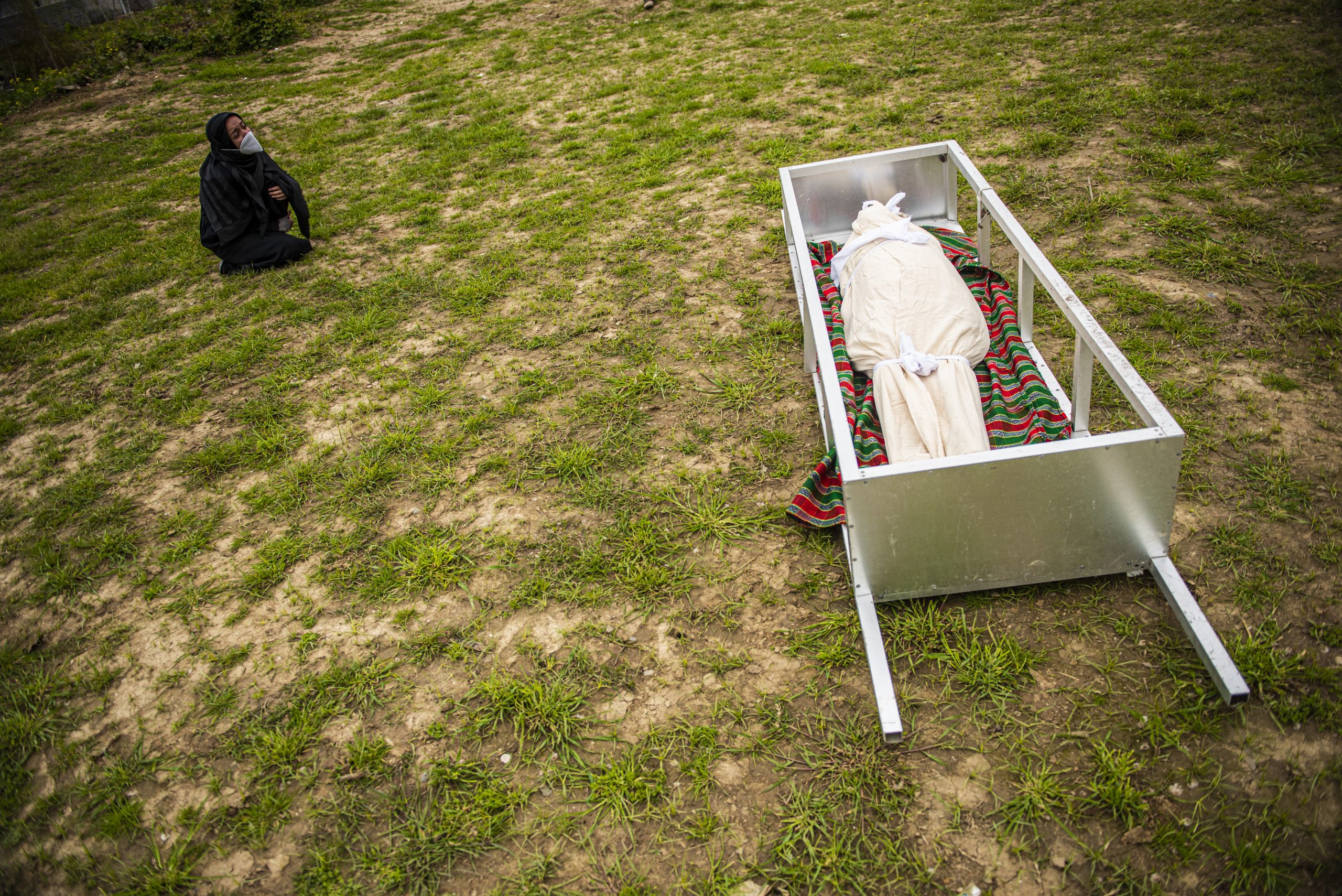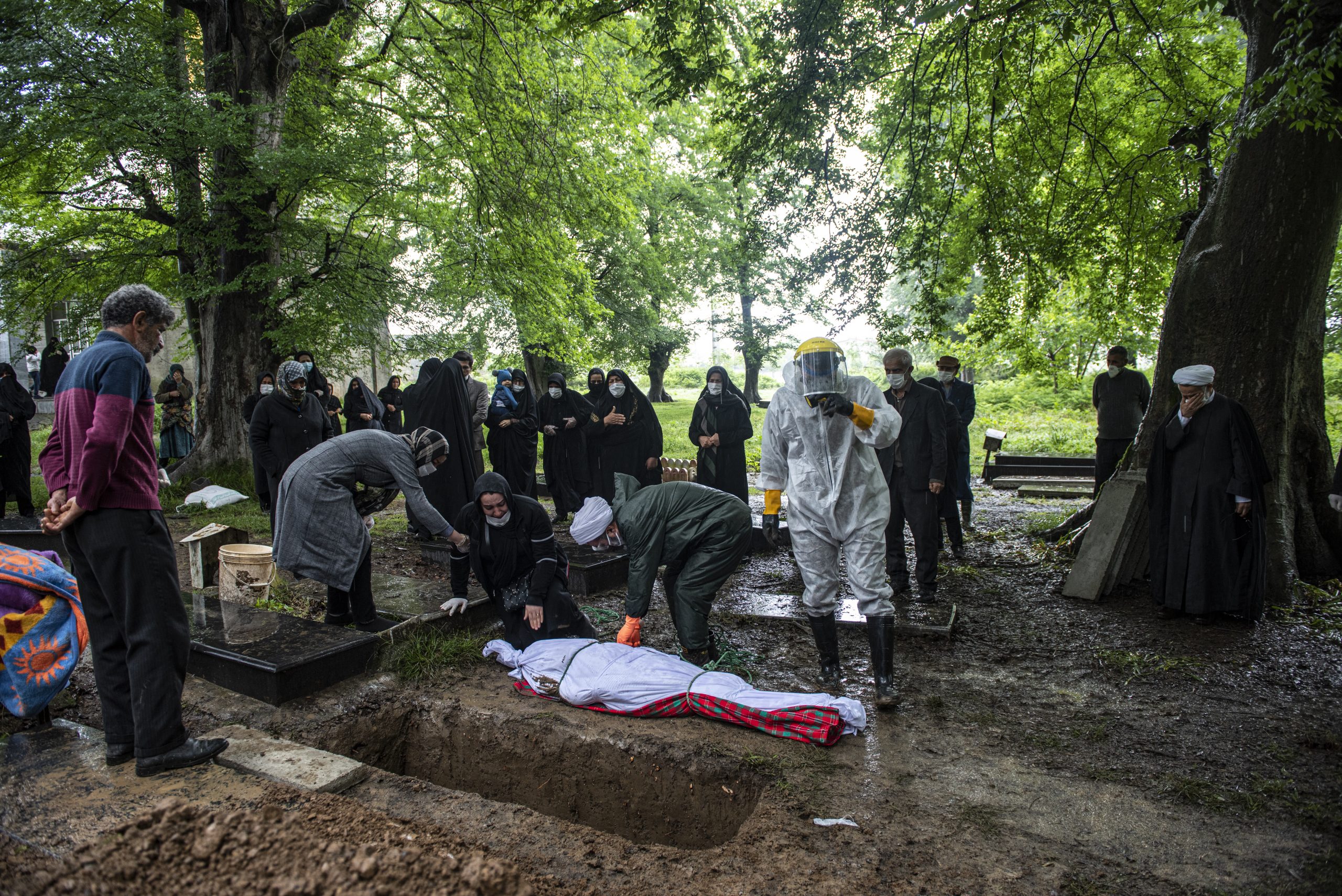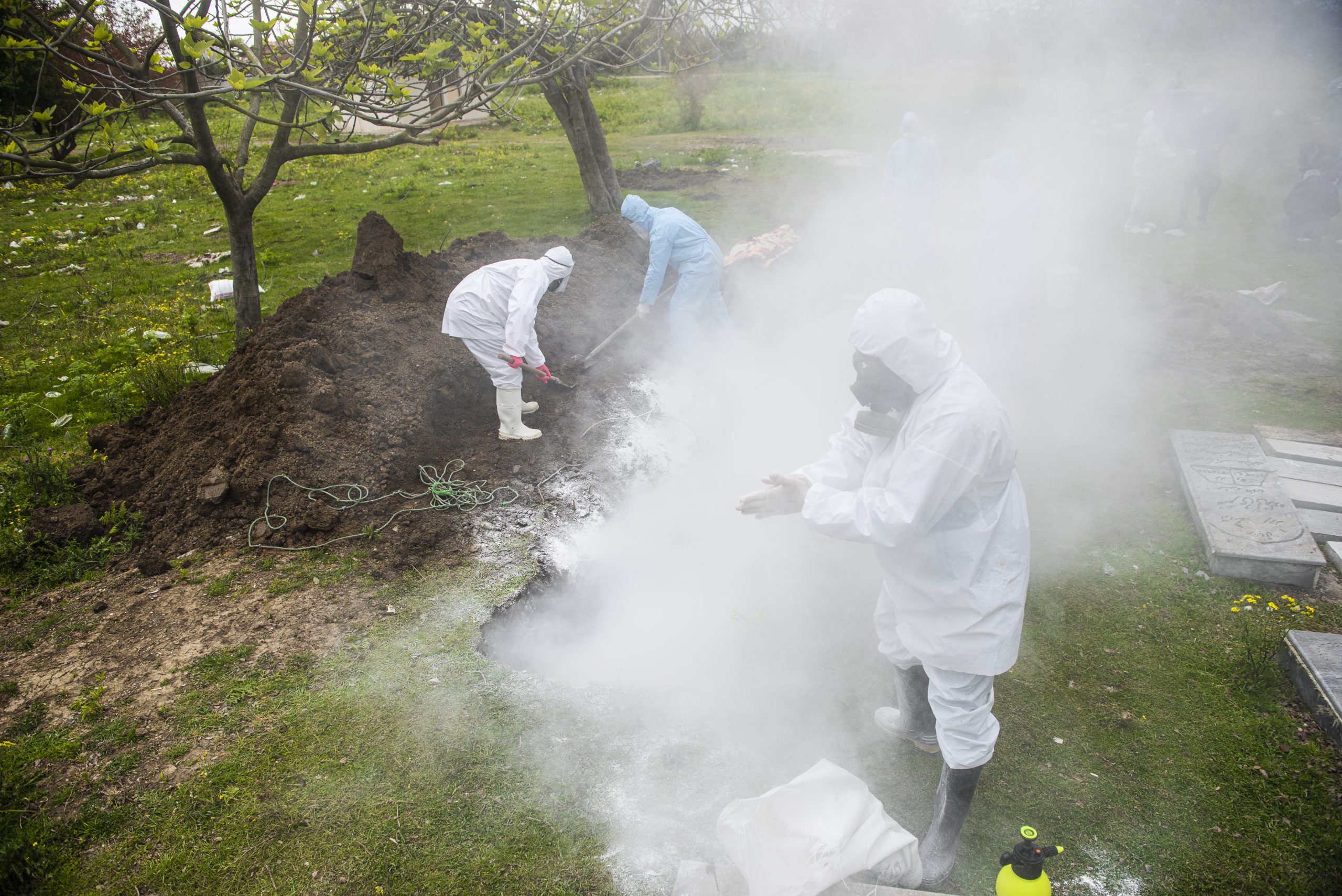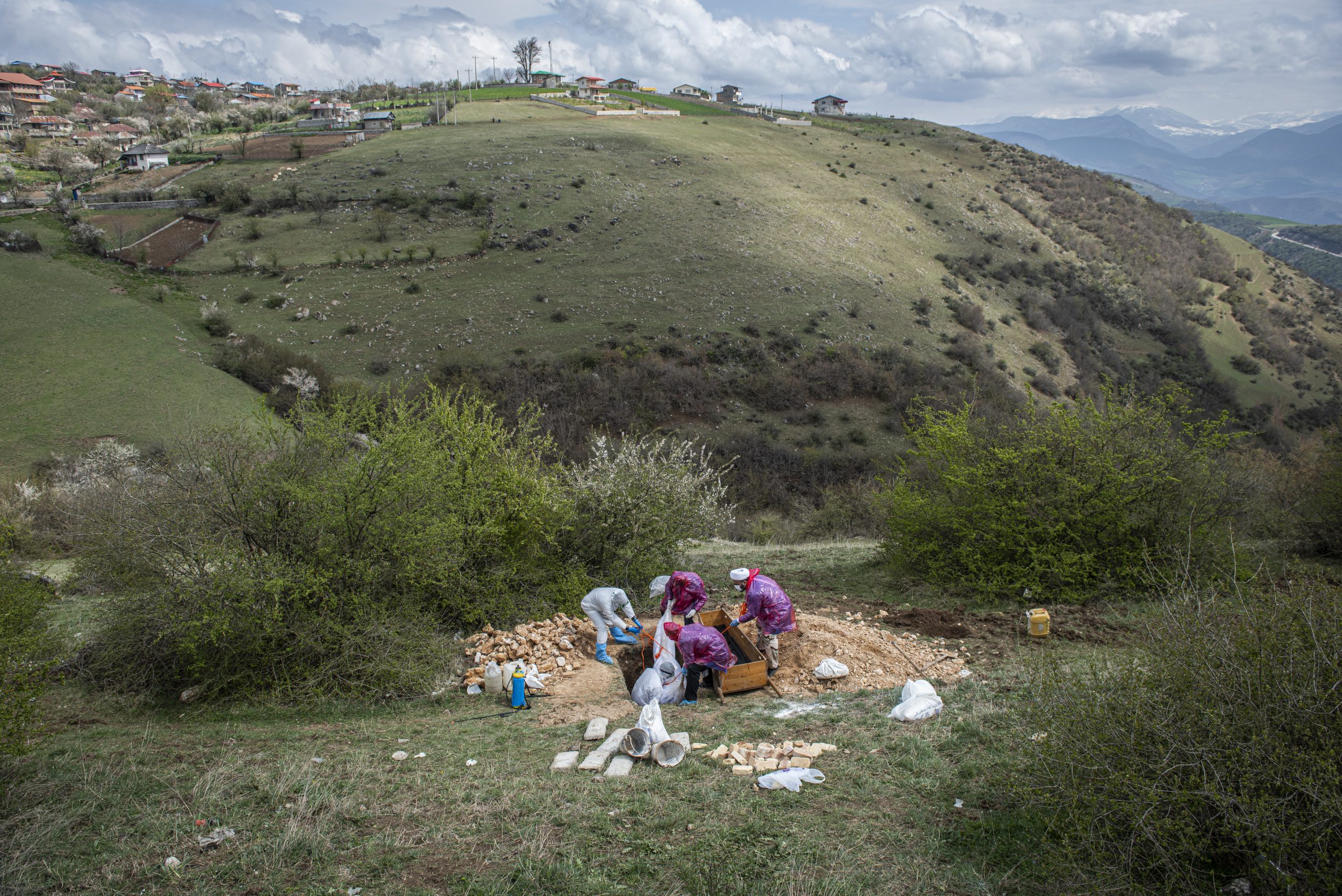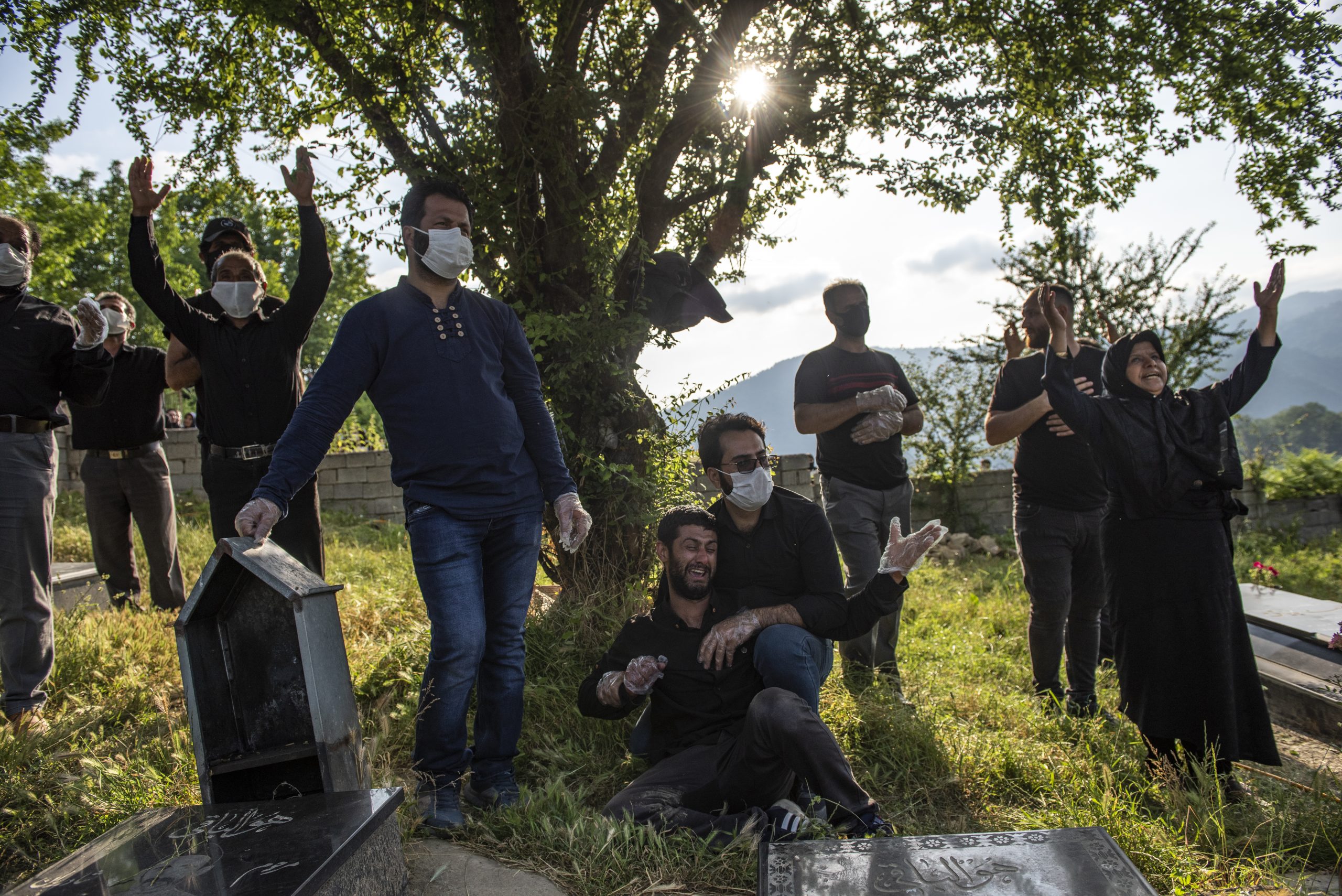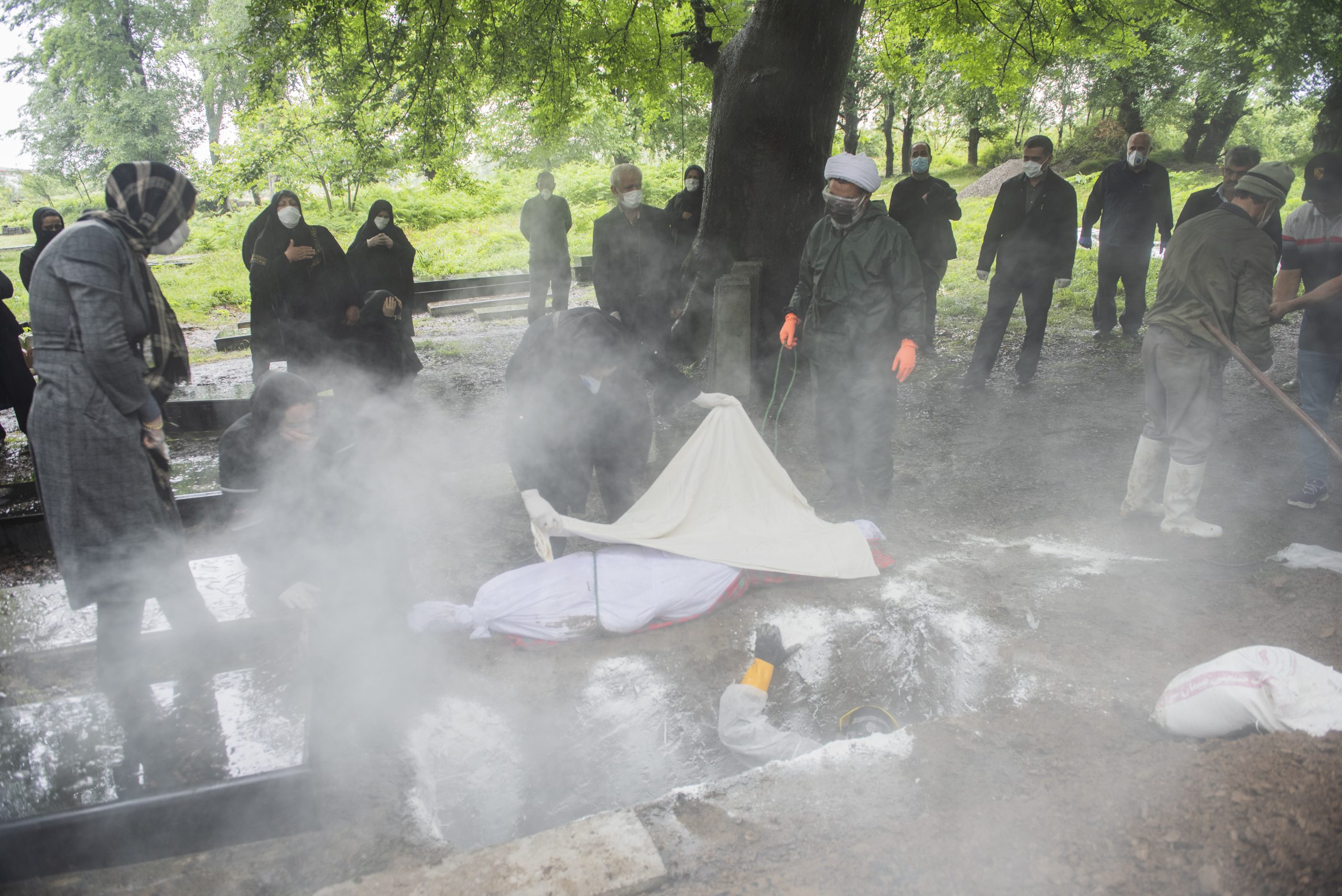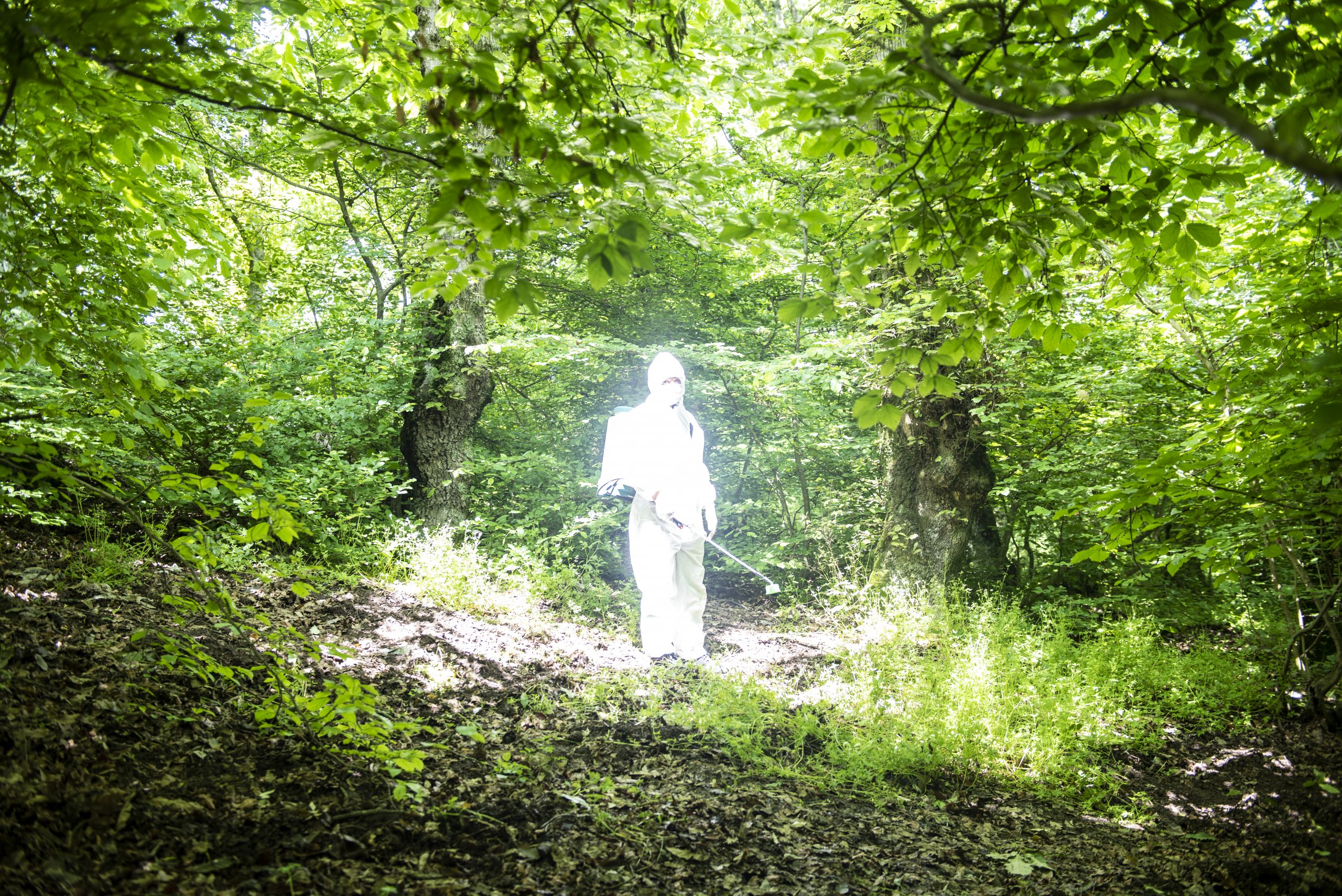
The Black Plague of 2020 struck Iran like many other countries in the late winter with the first case officially reported on Feb 19th. The pandemic has brought an immediate havoc in the nation which has a unique cultural and social history of handshakes, hugs, kisses among men and women. A seemingly endless number of either suspected or real COVID-19 patients inundated health care centers, exhausting practitioners and nurses. The flights from mainland China still kept transporting passengers much to the dismay of domestic and international experts. Officials undertook a strict regimen of disinfecting public places with people watching in shock and awe, pleading people to abstain from unnecessary journeys. Much of this ultimately fell on deaf ears. With the infamous sickness now spreading everywhere, businesses had to close whether they wanted to or not and some Iranians decided to practice caution and stay indoors especially if they had elderly or vulnerable family members.
People had to come up with ideas on how to pursue their previous daily routines at home, one way or another. To make matters worse, what the Trump administration has called “the most intense sanctions ever,” crippling the economy. Iranian people decided to take action either by donating to charities which produced masks or by volunteering to prepare and bury those who died from COVID-19. Contrary to the common perception of grief and shock, the pervading virus has bolstered personal hygiene to an extent and has exempted many from unwanted encounters under a harmless and respectful pretext. A new actor has entered the game of life and death and brought with it an unending wave of sadness and sickness. Some analysts point out a silver lining as many of the dramatic policy and social changes – such as social security extension, e-learning, and online applications – enacted during the pandemic would have normally been impossible.



